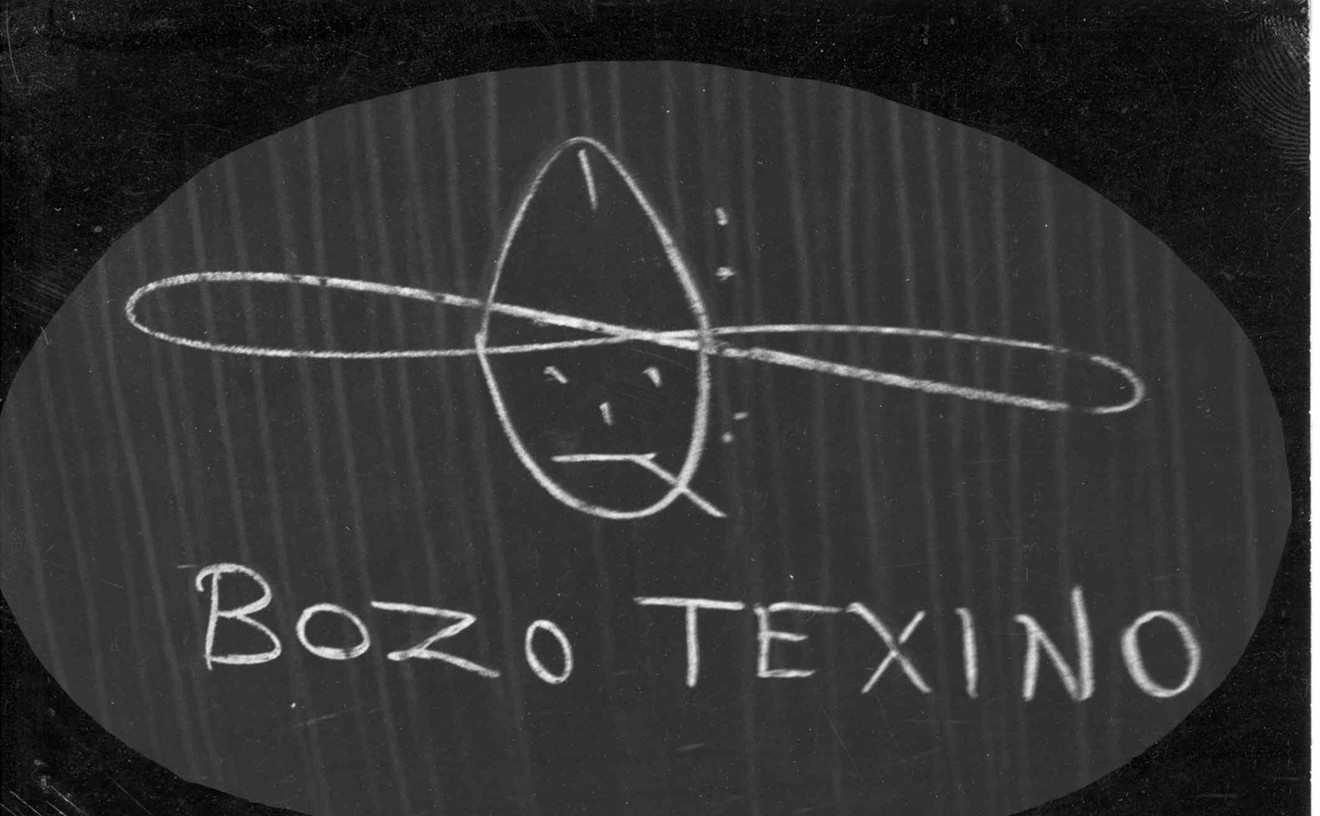The dialogue is sharp and funny, but it has an aimless quality that reflects the purposelessness of the men's lives. The talk is shadowed by two absent women: Lincoln's wife, Cookie, who threw him out, and the perhaps significantly named Grace, for whom Booth yearns.
Things turn more serious in the second act, when Lincoln loses his job, the discord between the brothers sharpens, and we learn how they were betrayed and deserted when young by their parents. We also realize just how dangerously damaged Booth is.
There's a sexual charge to a lot of the action. Booth celebrates a shoplifting spree -- "I stole, and I stole generously" -- with a wonderfully funny striptease during which he divests himself of his loot item by item, shoes, ties and brand-new shirts sliding in turn from various places about his body. And when Lincoln finally returns to the three-card-monte hustle, he exudes sexual triumph and energy. In Topdog/Underdog, sex symbolizes identity. And in the primal struggle of brother against brother, it also is a metaphor for who's losing and who's on top. Throughout, the rhythms of the game, the ultimate con, pulse beneath the action.
There's little suspense about how things will turn out, given the protagonists' names, the persistently flourished gun and Lincoln's monologue about tourist assassins lining up to shoot him at the arcade. You also know that ultimately the gamester must win and the mark lose. What you don't quite know is which of the brothers is which, and how ingeniously playwright Suzan-Lori Parks will work out the action.
Topdog/Underdog won the Pulitzer Prize, and there's brilliance here, but there are also flaws: obvious phrases and images, monologues -- such as Lincoln's description of the assassins coming up behind him and Booth's reminiscences about his childhood -- that feel self-conscious and arty. Some sequences go on too long, and I'm not sure whether the fault lies with the script or with Hugo Jon Sayles's otherwise fine direction. But for the most part, you're held spellbound, and the play stays with you once you've left the theater.
Damion Hoover is an impressive Booth, fast-talking, light on his feet, simultaneously brash and vulnerable. Jeffrey Nickelson gives Lincoln depth and complexity. Sometimes the character comes across as a protective older brother, sometimes he seems slow and naive, and you're never quite sure when he's genuinely fuddled or when he's preparing a con. These are both focused and meticulously thought-through performances.
Topdog/Underdog ends the Shadow Theatre Company's eighth season, and artistic director Nickelson has not yet announced his ninth. Like all small companies, Shadow struggles constantly to remain in existence. Topdog/Underdog -- a rich exploration of race, family and the human condition-- is exactly the kind of theater Denver needs.











